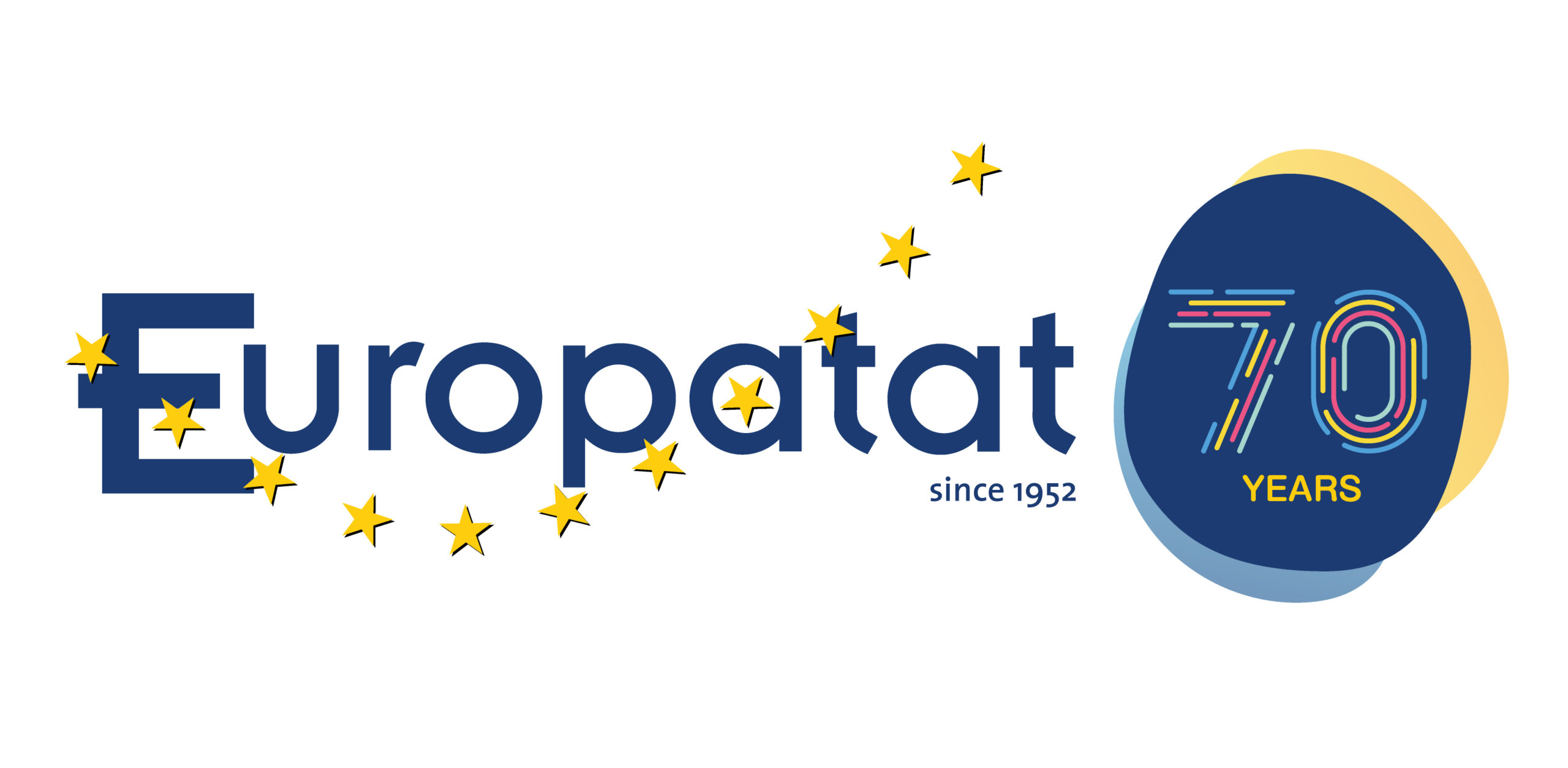On 23 and 24 May the European potato community gathered for the Europatat Congress 2024 in Brussels, Belgium. With more than 100 participants from more than 15 different European and non-European countries, this year’s edition dedicated one day to internal meetings for Europatat members and another day to a public conference entitled “European Potato Trade in 2030: a sector in transition”.
On the eve of the European elections, the Europatat Congress offered participants the possibility to discuss with other colleagues and European legislators how the potato trade should transition to the new decade.
On Thursday 23 May, Europatat members reviewed the different activities of the association during the meetings of its five Commissions (consumption potatoes, seed potatoes, sustainability, technical and regulatory issues, and RUCIP). External speakers including European Commission’s representatives presented the latest updates on key topics such as plant health and food safety, corporate sustainable reporting, packaging or market situation and trends among many other topics. The intense first day of meetings was followed by the traditional Europatat Gala Dinner at the exclusive location of the La Maison du Cygne in the Grand Place.

© Bernal Revert/ BR&U
On Friday 24 May, the Europatat Congress’ public conference was preceded by the annual meeting of the association’s General Assembly. Europatat members approved the association’s accounts and the main priorities for 2024 and 2025 based on the current Strategy 2022-2025. Whilst key topics such as trade, plant health and food safety remain at the core of Europatat’s priorities for the year to come, other dossiers such as sustainability reporting and measurement, nutrition or potato-related research are also gaining more and more importance in Europatat’s work.
Kicking-off the public session, researchers from the EU-funded project titled Accelerated Development of multiple-stress tolerAnt PoTato (ADAPT) presented the main project results that have been achieved after four years of intensive work. For more details, read this article.

© Bernal Revert/ BR&U, 2024
Later on, Tigran Richter, President of Europatat, officially opened the Europatat conference by announcing the name of the new Vice-President of the association, Vlastimil Rasocha (read more here). Afterwards, Rik Vera, business philosopher and writer, gave a keynote speech on how to stay relevant for people and society tomorrow and the day after tomorrow. According to him, agri-food business should implement the 5Cs (critical thinking, collaboration, compassion, creativity and curiosity) and embrace new tools such as Artificial Intelligence to “surf the waves of change”.

© Bernal Revert/ BR&U
After Rik’s inspiring presentation, Sergio Calvo Fernández, Chief information Officer at Patatas Meléndez, gave a presentation on the new plant that the Spanish packer has built in Medina del Campo, Valladolid, which uses the latest technology available in the sector (automation, artificial vision, big data, etc) to market more than 180.000 tons of fresh potatoes per year.

© Bernal Revert/ BR&U
After a lunch break sponsored by Patatas Meléndez, the afternoon-focus session was opened by Pierre Bascou, Director for Markets and acting Deputy Director-General at DG Agri – European Commission, who highlighted the importance of potatoes as “food staple worldwide and also in the EU” and they contribution “not only to EU agricultural sector but also to the EU economy.” Looking into the future, Bascou announced that the European Commission has already started the work to prepare the Common Agriculture Policy post 2027, which will take into account the conclusions from the Strategic Dialogue on the Future of Agriculture in the EU launched by EU’s President Ursula von der Leyen this winter.

© Bernal Revert/ BR&U
Finally, a panel moderated by the agri-food journalist Rose O’Donovan and composed by Klaus Berend, Director for the Directorate Food Safety, Sustainability and Innovation at DG Sante – European Commission, Lieven Van Waes, Agronomist / Senior Policy Advisor at the Flemish Agency for Agriculture and Fisheries in Belgium, Erika den Daas, Manager Director at Meijer Potato, and Santiago Campos Martínez, Policy Advisor at ASAJA Brussels Office to the EU looked at the the main environmental, economic and social challenges for the potato sector and traders for the coming years, but also on the solutions and opportunities that new tools such as New Genomic Techniques amongst others can deliver.

© Bernal Revert/ BR&U
Closing the Europatat Congress 2024, Berta Redondo Benito, Secretary General of Europatat, concluded that despite these are difficult and challenging times for the sector, “we shouldn’t be afraid of the change as we have an exceptional product and engaged sector to work with.” In her opinion, innovation, trust and cooperation are actions that are already implemented by both potato traders and Europatat and that should be even more reinforced. To conclude, Redondo launched the digital campaign “7 days, 7 potato facts” that Europatat had prepared with the occasion of the first-ever International Day of Potato. “We love and believe in potatoes, this is a great opportunity to go public and highlight their great environmental, nutritional and social aspects!”, she indicated.

© Bernal Revert/ BR&U
Europatat members and friend are invited to join next year’s Europatat Congress in Lille (France), which, as announced during the meeting of the General Assembly, which will be organised on 11 and 13 June 2025.
Pictures from the Gala Dinner and Public session of the Congress are accessible here. Please mention the author (© Bernal Revert/ BR&U) in case you wish to use them for external purposes.

